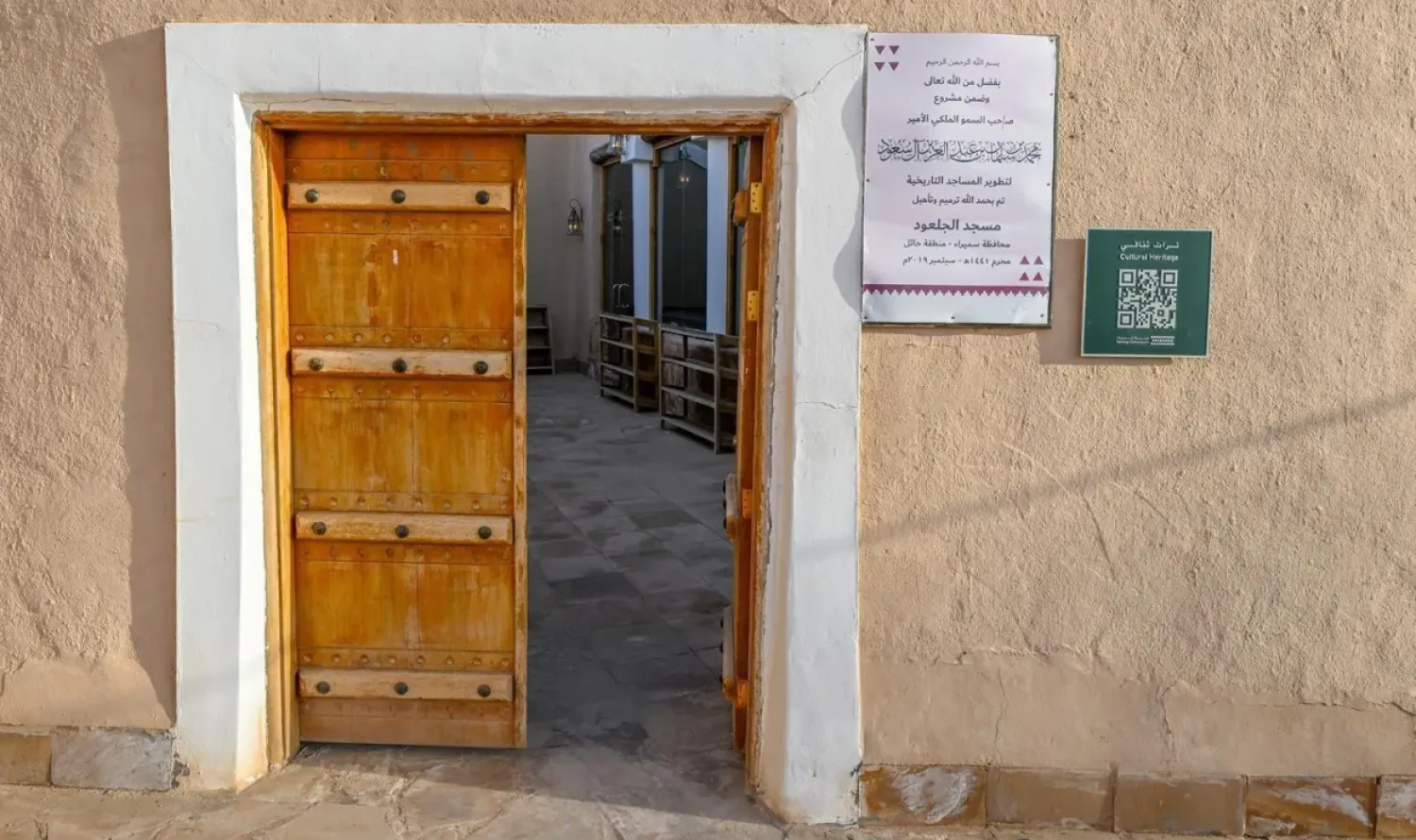Kazuko Shiraishi, a leading name in modern Japanese “beat” poetry, known for her dramatic readings, at times with jazz music, has died. She was 93.
Shiraishi, whom American poet and translator Kenneth Rexroth dubbed “the Allen Ginsberg of Japan,” died of heart failure on June 14, Shichosha, a Tokyo publisher of her works, said Wednesday.
Shiraishi shot to fame when she was just 20, freshly graduated from Waseda University in Tokyo, with her “Tamago no Furu Machi,” translated as “The Town that Rains Eggs” — a surrealist portrayal of Japan’s wartime destruction.
With her trademark long black hair and theatrical delivery, she defied historical stereotypes of the silent, non-assertive Japanese woman.
“I have never been anything like pink,” Shiraishi wrote in her poem.
It ends: “The road / where the child became a girl / and finally heads for dawn / is broken.”
Shiraishi counted Joan Miro, Salvador Dali and John Coltrane among her influences. She was a pioneer in performance poetry, featured at poetry festivals around the world. She read her works with the music of jazz greats like Sam Rivers and Buster Williams, and even a free-verse homage to the spirit of Coltrane.
Born in Vancouver, Canada, she moved back to Japan as a child. While a teen, she joined an avant-garde poetry group.
Shiraishi's personality and poems, which were sometimes bizarre or erotic, defied Japan's historical rule-bound forms of literature like haiku and tanka, instead taking a modern, unexplored path.
Rexroth was instrumental in getting Shiraishi’s works translated into English, including collections such as “My Floating Mother, City” in 2009.
Over the years, her work has been widely translated into dozens of languages. She was also a translator of literature, including works by Ginsberg.
In 1973, Paul Engle invited her to spend a year as a guest writer at the International Writing Program at the University of Iowa, an experience that broadened her artistic scope and helped her gain her poetic voice.
“In the poems of Kazuko Shiraishi, East and West connect and unite fortuitously,” wrote German writer Gunter Kunert. “It refutes Kipling’s dictum that East is East and West is West and never the twain shall meet. In Kazuko Shiraishi’s poems this meeting has already happened.”
A private funeral among family has been held while memorial service is being planned. She is survived by her husband Nobuhiko Hishinuma and a daughter.









